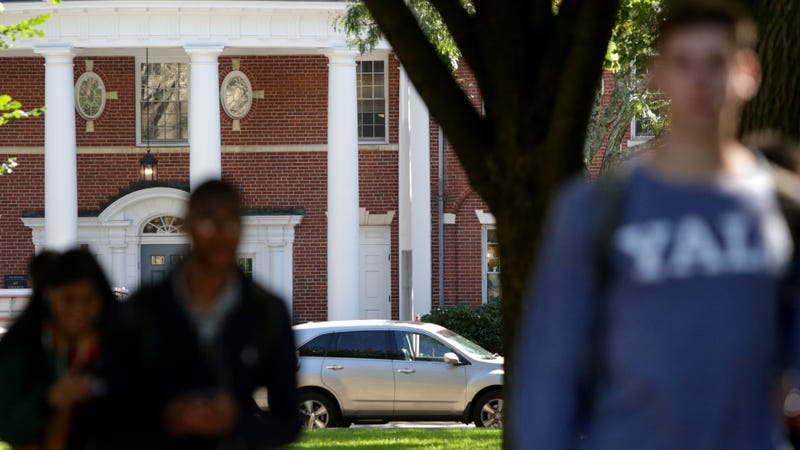
Yale University and Dr. John Krystal have agreed to pay more than $1.5 million to resolve False Claims Act and common law allegations that they failed to disclose certain patents and failed to share patent royalties with the Department of Veterans Affairs for inventions made by Dr. Krystal when he worked for both institutions.
The settlement, announced by the Department of Justice, resolves alleged conduct between March 2006 and February 2023.
“Universities and their professors must properly disclose and share royalties on inventions they discover while working for the government,” said Principal Deputy Assistant Attorney General Brian M. Boynton, head of the Justice Department’s Civil Division. “The department will ensure that those who benefit from government funding and resources properly compensate the taxpayers.”
VA and Yale are parties to an agreement under which the university and VA agreed to promptly and in confidence disclose to each other all “Joint Inventions,” which included “any future invention or discovery, which is or may be patentable… in which at least one employee with compensation from the VA and at least one person who has an appointment with Yale is named as a co-inventor.”
VA regulations also require all VA employees to promptly disclose their inventions to the VA so it can make a determination as to whether it is entitled to ownership.
At the time of the inventions, Dr. Krystal was employed part-time at Yale in various positions and with various research responsibilities. He was also employed part-time by the VA as a salaried clinical psychiatrist with research responsibilities at the VA Medical Center located in West Haven, Connecticut.
Beginning in March 2006, Dr. Krystal and four co-inventors applied for several patents related to the use of intranasal ketamine for treatment of depression and suicidal ideation.
The patent applications allegedly acknowledged VA funding support. The U.S. Patent and Trademark Office issued three patents and Dr. Krystal assigned his interests in those three patents to Yale, according to the DOJ.
Yale and Dr. Krystal began receiving royalty payments from the three ketamine patents in February of 2015. The United States alleged they never shared these royalty payments, totaling more than $3 million, with the VA and did not disclose the patents to the VA until 2017.
In September 2017 and then again in January and June 2019, another school in coordination with Krystal and Yale, allegedly submitted documents to the U.S. Patent and Trademark Office removing the acknowledgment of VA support from the three ketamine patents.
After a VA employee reminded Dr. Krystal of VA employees’ obligations to disclose inventions to the VA in December 2017, he submitted the required disclosure to the VA of the three ketamine patents.
The VA then issued a determination that it was entitled to an ownership interest in the patents. Dr. Krystal appealed that determination to the National Institute of Standards and Technology and the VA prevailed.
As part of the settlement, Dr. Krystal agreed to forego any entitlement to share in the settlement paid to VA, pursuant to rights that he would otherwise have as a VA employee inventor.
Yale, Dr. Krystal and the VA also entered into a separate agreement, under which Yale and VA agreed to share future royalties associated with the ketamine patents and assign the patents to the VA.
Reach Julia LeDoux at Julia@connectingvets.com.
